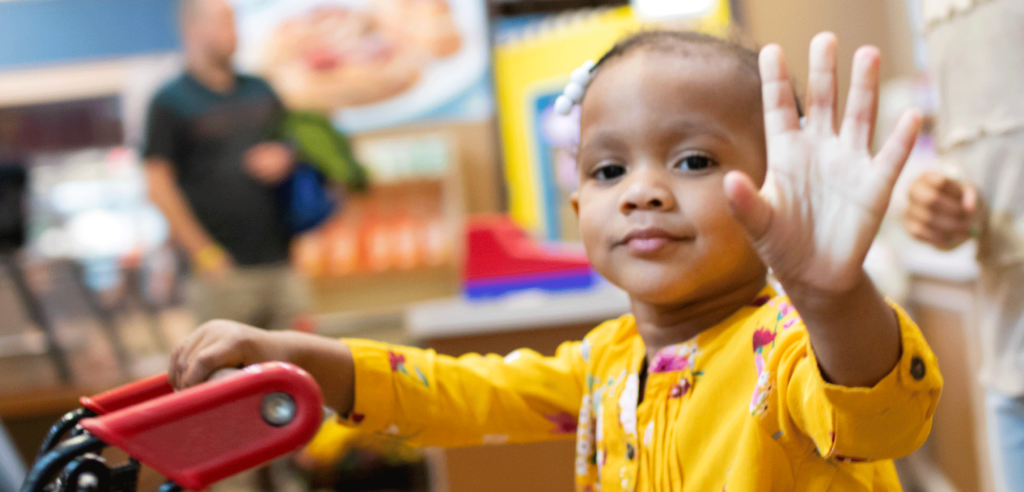Play Ahead – Stress
It may be helpful to identify some of these stressors for children. The following stressors are grouped according to varying years. Two to Five Years • toilet training • sharing • being disciplined (accepting “no”) • not being understood during the learning to speak stage • fear of animals, noises, certain people • new situations…
Published on March 20, 2020

It may be helpful to identify some of these stressors for children. The following stressors are grouped according to varying years.

Two to Five Years
• toilet training • sharing • being disciplined (accepting “no”) • not being understood during the learning to speak stage • fear of animals, noises, certain people • new situations • interrupted routines • starting school • cooperating • separating from parents
Six to Twelve Years
• pressure to perform academically • pressure to conform to rules • fear of current events such as terrorism, hurricanes, earthquakes, bird flu, etc. • being teased • getting angry • not being listened to • not receiving privileges when the child feels entitled • being overworked • fights with friends • competition, sports • parents traveling/working • criticism • fear of death • deadlines • being embarrassed • feeling jealous • being ignored/ excluded • parents fighting • threat of violence • taking tests • cleaning up room • being disciplined • failing • being asked questions in class • being on time
Eleven to Thirteen Years In addition to all of the above:
• body changes • concern about what is fair • peer pressure • opposite sex • feeling self-conscious • being the center of attention
How Do Children Show Symptoms of Stress?
This varies with age, but some common symptoms are:
• unexplained muscle aches (neck, back) • pounding heart, facial flush • impulsive eating • difficulty concentrating, sleeping, staying awake • irritability • lack of naturalness and spontaneity • nail biting • nervous habits • tiredness T
he stressful symptoms listed above display themselves in varying amounts in all children at some time. The degree and duration should indicate whether concern is necessary.
Parents can help by: Understanding that stress is a normal condition. When not experienced in excess, it can also serve useful purposes. It helps to build a child’s self-esteem to work through a stressful situation and know it has been handled well. It adds to a child’s ability to face the next test of adaptability or problem solving.
It is also important to know that children have very natural methods of reducing the tensions in their lives and they use these methods automatically. Kicking a ball, listening to music, reading, running, watching TV are some of the behaviors children apply.
They seem to understand intuitively the natural relaxation that occurs with exercise and regular breathing or while engaging in an activity that mentally removes them from stressful situations. But they still need parental help in assuring them the opportunity for enough non-competitive, unstructured, recreational activities, ideally including the whole family.
Parents can help children to identify those experiences and activities that are causing stress. Then help children to practice relaxation techniques through deep breathing and tranquil thoughts, coming up with options for stressful situations, evaluating the possible outcomes and finally choosing the best solutions.
Often listing them for children can be helpful. This approach requires much adult assistance at first, but can become an independent healing process for childhood stresses. It is an excellent investment in developing coping skills for years to come.
